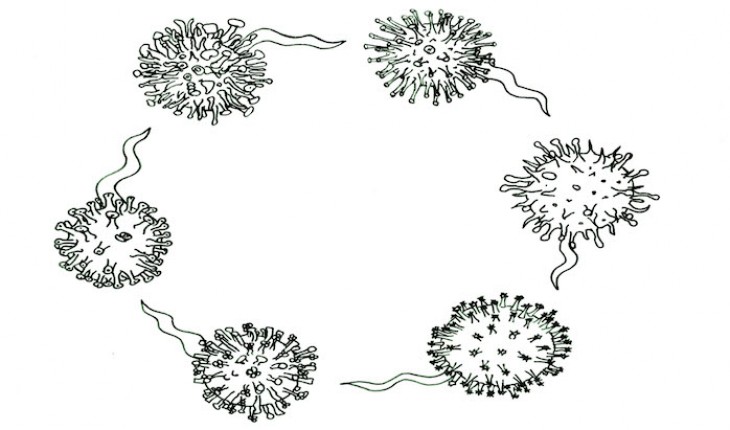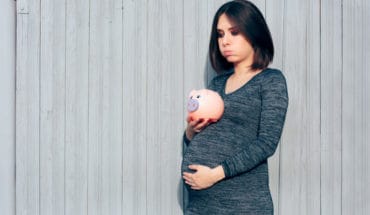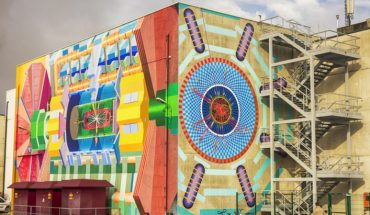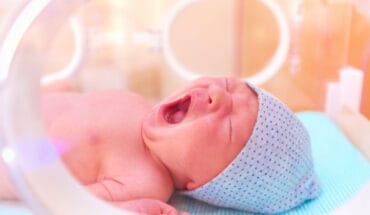Last week David Cahill, Professor in Reproductive Medicine and Medical Education at the University of Bristol’s School of Clinical Sciences and gynaecologist in St Michael’s Hospital, was called upon to perform an emergency caesarean section on Kera, a Western Lowland Gorilla at Bristol Zoo Gardens.
Despite having delivered hundreds of babies by caesarean in his career, this was the first time Professor Cahill had delivered a baby gorilla by this procedure. He explained: “Having been involved with the care of these gorillas over the years, with some trepidation and excitement, we were invited to the Zoo to assess the well-being of Kera, because she was in late pregnancy and showed some signs of being unwell.”
After assessing the gorilla, Professor Cahill and his colleague Dr Aamna Ali, suspected that Kera was suffering from a condition that humans can suffer from, known as pre-eclampsia and decided the best course of action was to delivery the baby by caesarean section.
Professor Cahill later added that: “Along with having my own children, this is probably one of the biggest achievements of my life and something I will certainly never forget.”
Weighing in at just 2 pounds and 10 ounces (just over 1 kilogram), the infant, who has yet to be named, is currently being hand-reared by a small team of keepers, including Curator of mammals Lynsey Bugg, who are providing round the clock care. Lynsey Bugg said: “The first few days were critical for the baby, it was vital that she was kept warm and began taking small amounts of formula milk. We started ‘skin-to-skin’ contact – a process used with human newborn babies – and she responded well to this and is getting stronger and more alert each day.”
- RV3-BB rotavirus vaccine at birth boosts microbiome - 8th May 2025
- No Mind Left Behind: Support the Carers - 4th May 2025
- Climate change causes longer pollen seasons in capital cities - 4th May 2025






